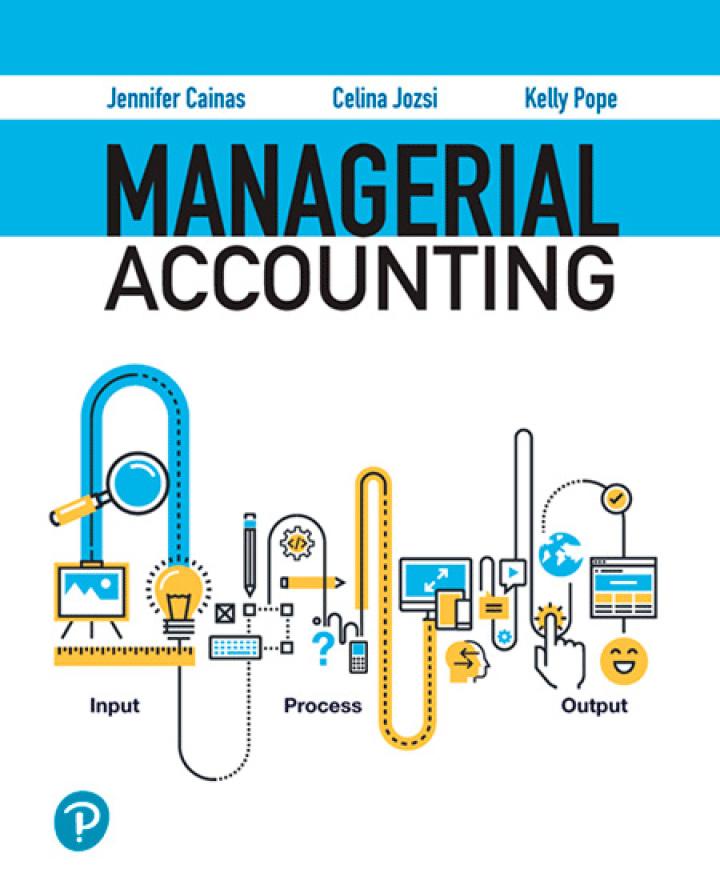Indicate whether each of the following statements is true or false. a. Important qualitative considerations for a
Question:
Indicate whether each of the following statements is true or false.
a. Important qualitative considerations for a special order include all of the following: impact on current customers if they learn that other customers paid less for the same items, future expectations of the special order customers, additional scheduling, and wear on equipment.
b. For relevant cost decisions, variable costs are always relevant and fixed costs are always irrelevant.
c. Once a make or buy decision is made, a company should not second-guess itself and review how well it actually estimated the costs.
d. Sunk costs are typically irrelevant since they represent past costs and not future costs.
e. Joint costs are irrelevant to a sell at split-off or process further decision since they represent costs that have already been incurred.
f. A company should typically accept a special order when the company would earn a positive contribution margin from the special order and the company has enough capacity to fill the special order without affecting the regular sales.
g. When deciding whether to drop a department or product line, the common fixed costs that had been allocated to that department are allocated to the remaining departments and product lines.
h. If a firm is at full capacity, the minimum special order price to accept should be the regular sales price to current customers.
i. In the short run, companies should always outsource parts if the price of the parts is cheaper than the cost of making the parts.
j. Post-audits of relevant cost decisions are useful to determine if the assumptions were valid and the decision was properly executed.
k. The optimal mix of products should be to produce and sell the maximum amount of the products with the highest contribution margin per constraint.
l. A product line should be dropped when its allocated common fixed costs are greater than its contribution margin.
m. The steps in the theory of constraints analysis are to identify the main (binding) constraint, determine the most efficient utilization of the binding constraint, and manage the flow through the binding constraint.
n. The production costs up to the inspection point would be irrelevant to a decision of whether to rework defective units or sell the defective products as scrap.
o. Opportunity costs represent the monetary difference between the alternative chosen and the next best alternative.
p. The term relevant as used in relevant costing decisions refers to the relative size (materiality) of the cost in relation to revenue.
q. If a department is eliminated, the company will avoid fixed costs that have been allocated to that department.
r. A disadvantage of using an outside supplier is the associated loss of quality control over the production process.
Step by Step Answer:

Managerial Accounting
ISBN: 9780137689453
1st Edition
Authors: Jennifer Cainas, Celina J. Jozsi, Kelly Richmond Pope





